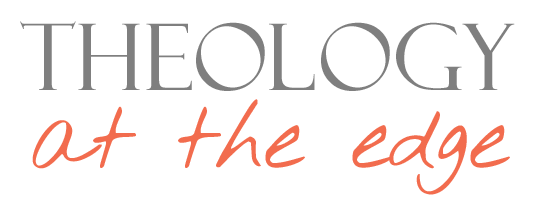The camel was the largest animal common in Israel, while in regions where the Babylonian Talmud was written, the elephant was the largest. Hence the aphorism may have been simply culturally translated as ‘camel’ in Israel and as ‘elephant’ in regions outside of Israel.
The paradox, then, does not need to be explained away by making up the existence of a tiny Jerusalem gate; Jewish writings before Christ were already using "eye of the needle" to denote a very small place, "A needle's eye is not too narrow for two friends, but the world is not wide enough for two enemies." The bizarre contrast between the small size of the needle's eye and the largest indigenous animal is to be preserved exactly for its improbability.
Jesus' hearers believed that wealth and prosperity were a sign of God's blessing (cf. Leviticus and Deuteronomy). So their incredulity is in the sense of, "if the rich, who must be seen as righteous by God, because of their evident blessing, can't be saved, then who can be saved?" The later church turned this around to portray wealth as a hindrance to salvation, which of course it can be – but no more so than other things we might become obsessed with and greedy for. The message is that salvation may be impossible by human standards, but not for God and it comes from him alone.
Beyond the impossible is possible with God for, as elsewhere, a Jewish midrash records: "The Holy One said, open for me a door as big as a needle's eye and I will open for you a door through which may enter tents and camels." In other words God only needs us to open up a tiny crack to him and he will flood in to set up room enough for an ocean. This is similar to the Talmudic use of two Hebrew letters, one representing God’s holiness ('Q' Qoph, as in qadôsh which means ‘holy') and another representing evil ('R' Resh, as in ra' meaning 'evil'). In a story used to teach the Hebrew alphabet and Jewish morals, it is said that 'q' has an opening so that should 'r' ever repent he may enter into God's holiness through the small opening!
The additional teaching about a small gate in the Jerusalem wall may seem harmless but it is not good scholarship or correct exegesis. The exaggeration and contrast in size is deliberate in the saying and is not an excessive judgement on riches or poverty. Jesus reflects on how hard it often is for the rich to enter the kingdom of God, not because wealth is automatically bad but because love of it gets in the way of relationship with him. Riches can be a distraction and hard to share or give away if one is too attached to them. The disciples' incredulity is that if even the rich (so obviously and abundantly blessed by God) cannot be saved, who can? The verdict is that even the rich, not only the rich will find it impossible to save themselves – but at the heart of such matters, with God all things are possible.
Article Index
Page 2 of 2
 Join us on
Join us on 